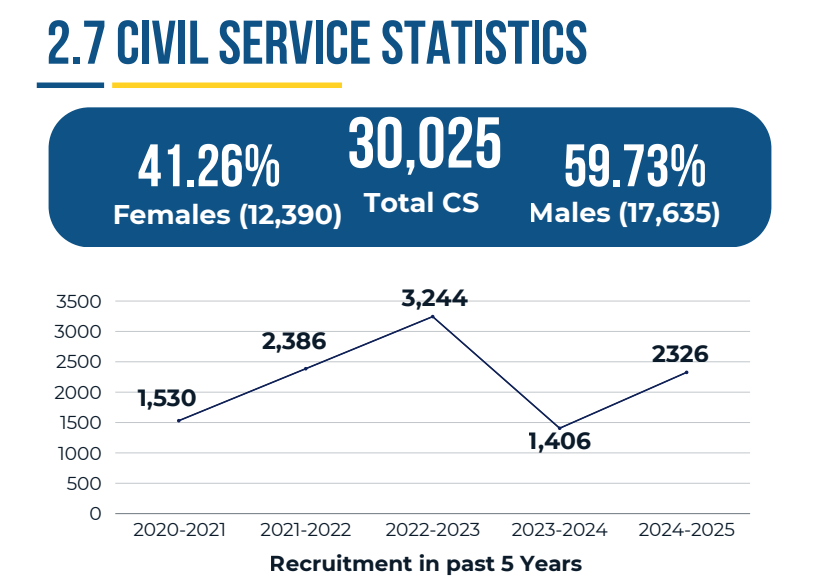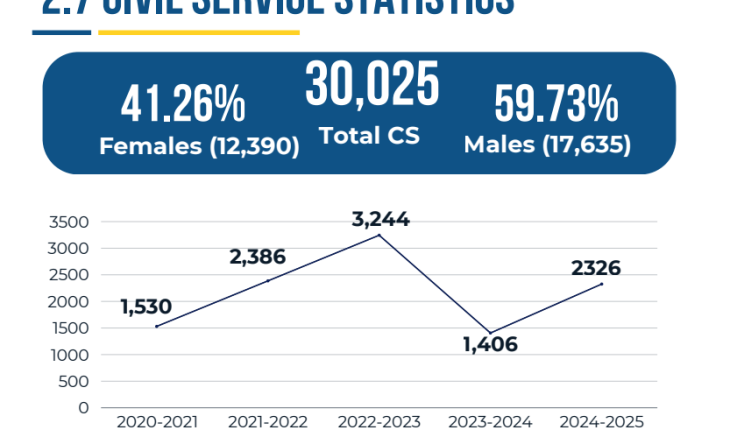
As we grapple with inflation and low wages, amidst our dream to develop, Bhutanese in distant Australia earn almost ten-fold the average native does at home
KINZANG DORJI TSHERING | Thimphu
In recent years, an increasing number of Bhutanese have been leaving civil service jobs to join Druk Holding and Investments (DHI) companies or to seek study and work opportunities abroad, particularly in Australia.
Unlike the civil service, which follows the Royal Civil Service Commission (RCSC) pay scale, DHI companies are structured more like corporate entities. They offer higher base salaries, allowances, performance-based bonuses, and training opportunities.
Entry-level staff in DHI companies can earn around Nu. 25,000–30,000 per month, compared to Nu. 18,000–22,000 in the civil service.
For many, this difference is enough to make the jump.
“For me, it was about growth and opportunity,” said Tandin Wangchuk, a DHI employee. “In DHI, there is more flexibility, exposure, and a performance-based environment compared to the civil service, where promotions are mostly seniority-driven.”
Tandin added that salary and benefits play a major role in attracting employees.
“The pay is definitely better in DHI companies. Apart from the basic salary, there are allowances and bonuses, which make a big difference. Government jobs may offer stability and pension, but for young professionals like me, the take-home pay and benefits in DHI are much more attractive.”
But working in DHI is not without challenges.
“Opportunities are immense — we get training, professional development, and sometimes even exposure outside Bhutan,” Tandin explained, adding the challenge is that it’s performance-driven, so there’s pressure to deliver results.
While DHI provides a lucrative alternative within Bhutan, a growing number of young people see their future abroad. Australia has become a top destination for Bhutanese students, offering both higher education and the chance to work part-time.
Entry-level jobs in Australia, even for students, pay much more than comparable roles in Bhutan. Average salaries start at AUD 50,000–60,000 per year (about Nu. 1.5–1.8 million), a figure that far outpaces DHI or civil service pay.
Ugyen Choden, a Bhutanese student in Australia, said her decision to leave Bhutan was mainly economic.
“In Bhutan, even with a degree, jobs are limited and salaries are low. Australia offered me a chance to both study and work part-time, which makes it easier to support myself and my family.”
She emphasized the stark difference in opportunities.
“The difference is huge. Here, even as a student, I can earn in a week what many people in Bhutan earn in a month. Also, the exposure, lifestyle, and learning environment here are much broader.”
Still, life abroad is not without difficulties.
“It’s not easy. The workload can be tough, and juggling studies with part-time jobs is stressful. Rent and living costs are high, so you have to work hard. Plus, being away from family is emotionally challenging,” Ugyen admitted.
When asked about her future plans, she said, “Honestly, I want to stay here for some years to gain experience and save money. Maybe later, I’ll return to Bhutan. But at this point, the opportunities abroad are much better than what I would get back home.”
The growing preference for DHI jobs and overseas opportunities is reshaping Bhutan’s labor market. Industry observers note that civil service jobs, once seen as the most prestigious career path, are now losing appeal, particularly among the younger generation.
Civil service employment still carries advantages — stability, pension, and social recognition — but its lower salaries make it less competitive. Meanwhile, DHI companies operate on performance and corporate efficiency, rewarding those who deliver results.
This trend presents a challenge for Bhutan: how to retain skilled professionals while also allowing citizens to explore global opportunities.
Analysts say that without reforms in salary structures and professional development, the civil service may continue to lose talent.
Ugyen believes change is necessary. “If salaries in Bhutan were enough to live comfortably and support a family, many of us would stay. People don’t leave because they want to — they leave because they have to.”
For Tandin, staying in Bhutan was a conscious choice.
“Of course, Australia is tempting. But for me, I wanted to build my career here and contribute to Bhutan. DHI gives me enough financial security and growth opportunities to stay back. Not everyone feels the same, but this is my choice.”
The choices of people like Tandin and Ugyen illustrate the crossroads Bhutan faces. DHI has emerged as a strong employer, offering corporate-style pay and growth that attracts professionals away from government service.
Meanwhile, the migration of students and workers abroad continues to grow, fueled by better financial prospects and international exposure.




